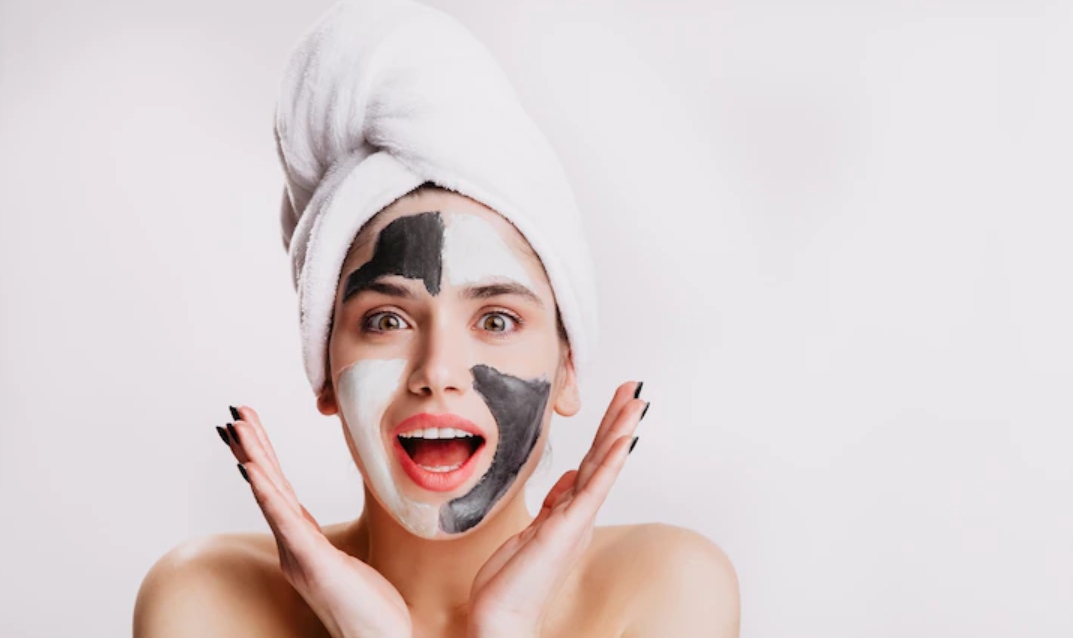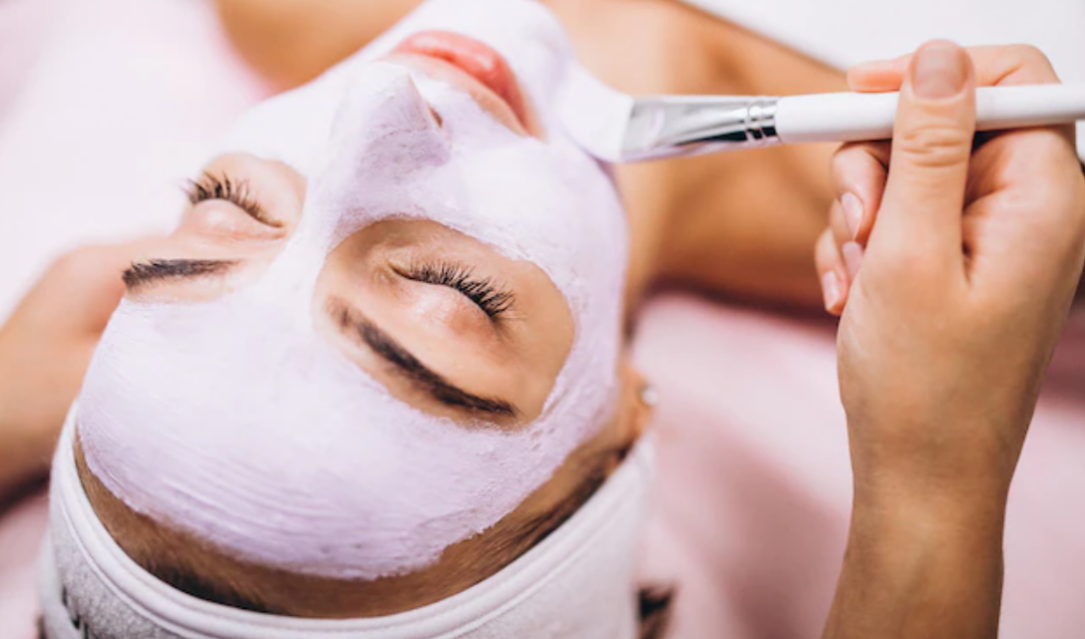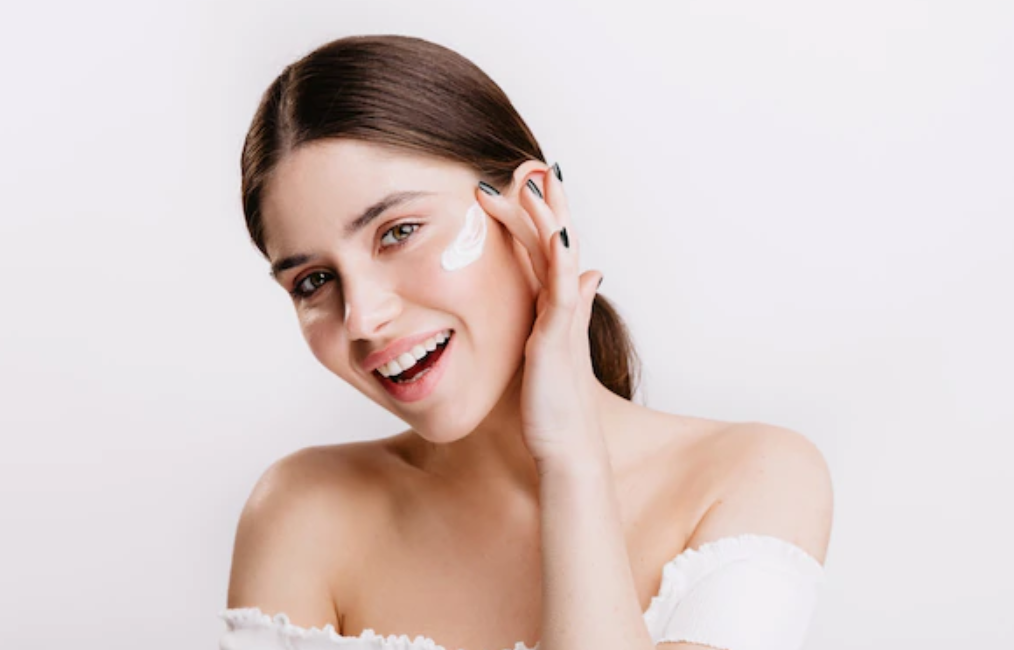The beauty industry has always been at the forefront of innovation, and in recent years, custom beauty manufacturing has emerged as a game-changer. This trend allows consumers to obtain personalized products tailored to their specific needs, preferences, and skin types. In this guide, we will explore the role of technology in custom beauty manufacturing, delving into the advancements and trends shaping the industry in 2023.

Source: freepik.com
The Growing Demand for Personalization in the Beauty Industry
The demand for personalization in the beauty industry is driven by a desire for individuality, inclusivity, and an increasingly knowledgeable consumer base. Consumers now seek custom beauty manufacturing that caters to their unique skin types, concerns, and preferences, and expect brands to deliver solutions that are both effective and tailored to their needs. This demand has given rise to a new generation of skincare products, with technology playing a critical role in their development and production.
Advancements in 3D Printing for Customized Cosmetic Products
3D printing technology has come a long way, and its applications in the beauty industry are expanding rapidly. Custom cosmetics manufacturers are using 3D printing to create bespoke packaging, applicators, and even makeup products themselves. This allows for unprecedented levels of personalization, from creating foundation shades that perfectly match individual skin tones to developing personalized lipstick shades and textures. 3D printed products also offer an eco-friendly alternative, reducing waste and promoting sustainable manufacturing practices.
AI and Machine Learning in Product Formulation and Development
Artificial intelligence (AI) and machine learning are revolutionizing the way custom cosmetics products are formulated and developed. These technologies enable manufacturers to analyze large volumes of data, identifying patterns and trends to inform the creation of tailored formulations. AI-powered platforms can predict consumer preferences and trends, allowing brands to stay ahead of the curve and meet the evolving needs of their customers.

Source: freepik.com
Digital Skin Analysis for Tailored Skincare Recommendations
Digital skin analysis tools have emerged as a powerful ally in the quest for personalized skincare. These devices use high-resolution imaging and advanced algorithms to analyze an individual’s skin, identifying issues such as dehydration, pigmentation, and aging. The data gathered is then used to recommend personalized skincare regimens, including product formulations tailored to address specific concerns. As a result, consumers can enjoy a more targeted and effective approach to skincare.
The Power of Big Data in Predicting Consumer Preferences
Big data is playing an increasingly important role in the custom cosmetics manufacturing industry. By collecting and analyzing vast amounts of information, brands can gain valuable insights into consumer preferences, trends, and behavior patterns. This enables manufacturers to make informed decisions about product development, marketing strategies, and customer engagement. Additionally, big data allows for better forecasting of inventory needs, improving supply chain efficiency and reducing waste.
Customized Packaging and Sustainable Solutions
Sustainable packaging is becoming a significant focus for custom beauty manufacturers. Personalized packaging not only enhances the consumer experience but can also incorporate eco-friendly materials and design elements. Innovative solutions like biodegradable containers, recycled materials, and refillable systems are being explored to reduce the environmental impact of skincare products, without compromising on aesthetics or functionality.

Source: freepik.com
Virtual Reality and Augmented Reality in Custom Beauty Experiences
Virtual reality (VR) and augmented reality (AR) technologies are transforming the way consumers interact with cosmetics products. Brands are leveraging these technologies to provide immersive, personalized experiences that allow customers to virtually try on makeup and skincare products, as well as receive tailored recommendations based on their individual preferences. By utilizing AR and VR, custom cosmetics manufacturers can enhance customer engagement, drive sales, and gather valuable data on user preferences.
The Rise of Smart Mirrors for Personalized Makeup Application
Smart mirrors are revolutionizing the custom beauty space by offering an interactive, personalized makeup application experience. These high-tech devices combine AI, AR, and facial recognition technology to analyze the user’s facial features, skin tone, and texture. They then provide tailored makeup recommendations, tutorials, and virtual try-on experiences. With smart mirrors, consumers can experiment with different looks, receive expert advice, and even order custom skincare products, all from the comfort of their homes.
Online Platforms for Bespoke Product Creation
The internet has made it easier than ever for consumers to access and create custom beauty products. Online platforms allow users to design and order personalized formulations, selecting ingredients, textures, and packaging that cater to their specific needs and preferences. These platforms often incorporate AI-driven algorithms to guide users through the customization process, ensuring a seamless and enjoyable experience. By leveraging the power of the internet, manufacturers can reach a global audience and capitalize on the growing demand for personalized products.

Source: freepik.com
The Impact of Technology on Supply Chain Efficiency and Speed
The integration of advanced technology in the custom beauty manufacturing process has significantly improved supply chain efficiency and speed. From AI-driven demand forecasting to automated production lines, technology is streamlining every aspect of the supply chain. This increased efficiency allows brands to deliver personalized products faster, meeting consumer expectations for speed and convenience while maintaining high levels of quality and innovation.
The Future of Custom Beauty Manufacturing: Trends and Predictions
Looking ahead, the custom beauty manufacturing industry is poised for continued growth and innovation, driven by evolving consumer preferences and advancements in technology. Some key trends and predictions for the future include:
- Increased adoption of AI and machine learning for product formulation and development
- Greater emphasis on sustainable and eco-friendly manufacturing practices
- Continued growth in the use of AR and VR technologies for personalized beauty experiences
- The emergence of new online platforms and marketplaces for custom beauty products
- Greater focus on data security and ethical considerations in custom beauty manufacturing

Source: freepik.com
Conclusion: The Transformative Role of Technology in Custom Beauty Manufacturing
In conclusion, technology has had a transformative impact on custom beauty manufacturing, enabling the creation of personalized, effective, and sustainable products that cater to a diverse range of consumer needs. From 3D printing and AI to smart mirrors and online platforms, these innovations are shaping the future of the beauty industry, offering exciting possibilities for brands and consumers alike. As technology continues to evolve, the custom beauty manufacturing space is poised for further growth and innovation, promising a bright future for personalized beauty products.












